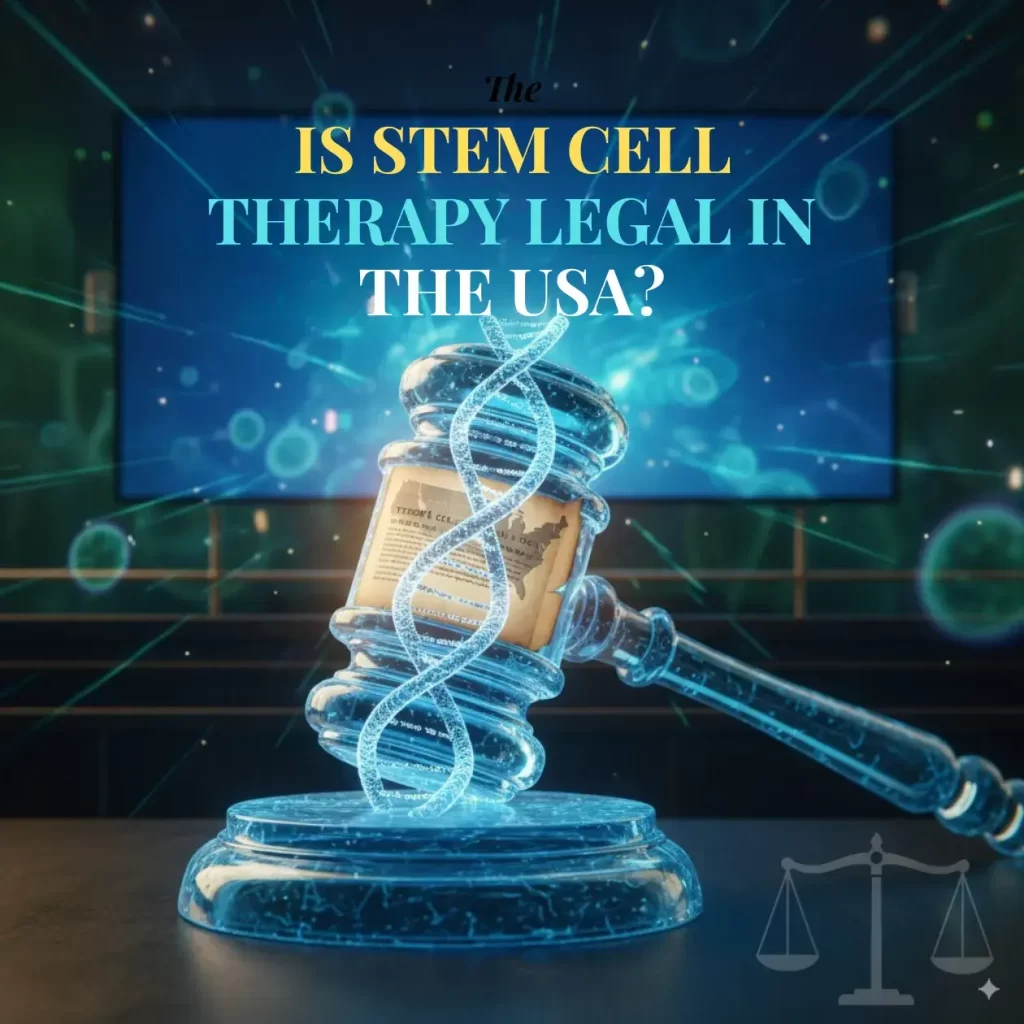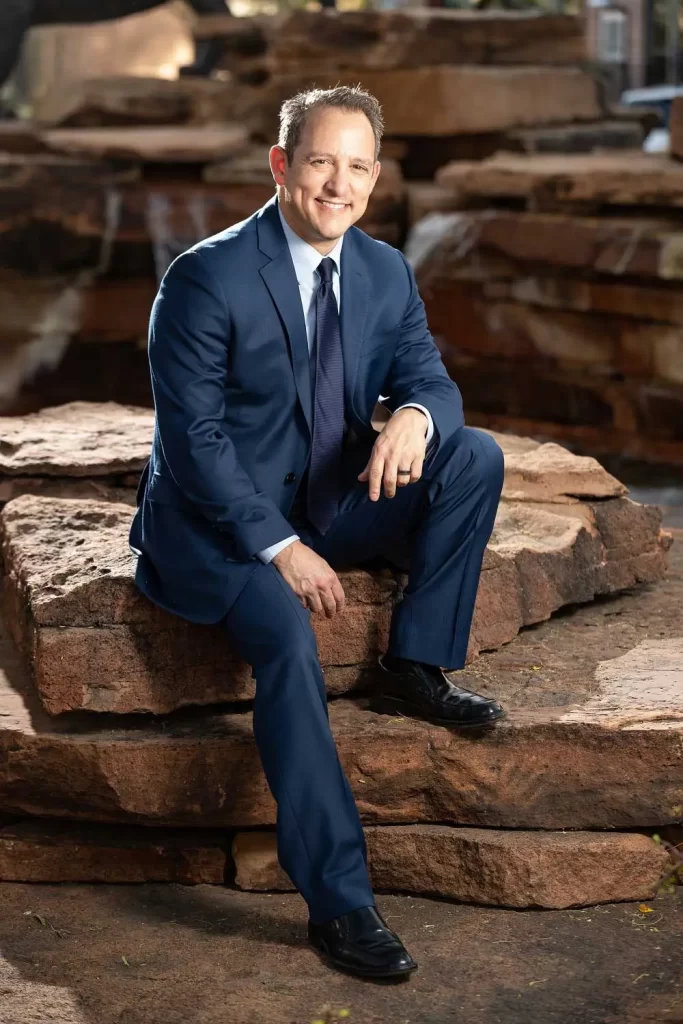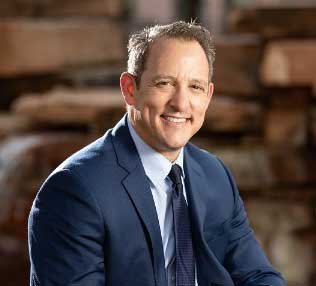
A Medical Review of Current Regulations and Clinical Practice
Introduction
Regenerative medicine, particularly stem cell and exosome therapies, has gained significant attention for its potential to promote tissue repair, modulate inflammation, and improve quality of life in patients with chronic conditions. However, questions surrounding the legality and regulatory oversight of these therapies remain common.
This article provides a comprehensive overview of the current legal status of stem cell and exosome therapies in the U.S., clarifies FDA regulations, and explains how reputable providers such as R3 Stem Cell ensure quality and compliance.
Schedule Your Free Stem Cell Consultation Today! Call (844) GET-STEM.
Are Stem Cells and Exosomes Legal in the U.S.?
Most stem cell and exosome therapies are not FDA-approved or legally available for general clinical use in the United States.
Only a limited number of stem cell therapies—specifically, those that have undergone FDA review and approval for defined medical conditions—are legal. All other stem cell therapies offered outside of approved indications or clinical trials are considered unapproved and may be subject to FDA enforcement.
No exosome therapy is currently FDA-approved for any medical use. All exosome products marketed for therapeutic purposes are considered unapproved new drugs and are not legal for clinical use.
The FDA regulates stem cell and exosome products as drugs and biologics, requiring premarket approval. While state medical boards oversee the practice of medicine, the FDA controls the legality of the products themselves.
FDA Approval vs. FDA Regulation: What’s the Difference?
Currently, only a limited number of stem cell therapies have received full FDA approval. These include:
- Hematopoietic stem cell transplantation for certain blood cancers and hematologic conditions such as sickle cell disease (including the recent approvals of Casgevy and Lyfgenia for sickle cell disease).
- Mesenchymal stromal cell (MSC) therapy—specifically, Ryoncil (remestemcel-L)—approved for pediatric steroid-refractory acute graft-versus-host disease, marking the first FDA-approved MSC-based therapy.
- Other approved stem and cell therapy products, which may use cord blood-derived stem cells, for very specific indications (e.g., certain cancers and inherited disorders).
Most regenerative treatments available today, including umbilical cord–derived mesenchymal stem cell (MSC) therapies for conditions other than those specifically mentioned above, are not FDA-approved and remain experimental. Many are only available through clinical trials or as investigational products. Some clinics may offer MSC therapies that are not fully approved by the FDA, and these are distinct from the few approved products.
How Are Stem Cells Processed in the U.S.?
In the United States, the FDA regulates stem cell products under two main pathways. Those that are minimally manipulated—meaning they are not cultured, expanded, or substantially changed—and intended for homologous use can be regulated as 361 products, with less stringent requirements compared to drugs or biologics. However, if stem cells undergo more than minimal manipulation—such as being expanded in culture—they are classified as drugs and require a rigorous, costly premarket approval process, typically involving years of clinical trials.
R3 Stem Cell, a national regenerative therapy provider, emphasizes compliance with these FDA standards by offering products derived from ethically donated Wharton’s Jelly, which are then screened in each batch for contaminants and cryopreserved using GMP-compliant methods to help maximize cell viability. While the field of stem cell therapy continues to evolve, R3 works closely with licensed healthcare providers to deliver regenerative options that align with regulatory expectations, always prioritizing patient safety and quality standards.
It’s important to note that most stem cell therapies—including those offered by R3 Stem Cell—are considered experimental and not FDA-approved for most medical conditions, so patients should consult with qualified healthcare professionals before considering these treatments.
International Comparison: U.S. vs. Global Stem Cell Regulations
Many countries—including Mexico, the Philippines, South Africa, India, Pakistan and Turkey —allow stem cell expansion (culturing) under regulatory frameworks that differ from the U.S. This enables clinics abroad to provide treatments with higher cell counts at a lower cost.
In contrast, countries such as Canada and the European Union maintain stricter policies, closely mirroring U.S. standards.
How R3 Stem Cell Ensures Safety and Quality
R3 Stem Cell follows uniform safety protocols across all its locations, both in the U.S. and internationally:
- Donor Screening: Comprehensive health, lifestyle, and family history assessments.
- Quality Testing: Certificates of analysis and third-party viability reports are available upon request.
- Passage Control: Stem cells are never cultured beyond the fifth passage to minimize genetic drift or inflammatory activity

Our standards remain consistent worldwide. I have personally undergone treatments at our facilities and recommend only what I would use for my own family,” says Dr. David Greene, Founder & CEO of R3 Stem Cell.
Ethical and Regulatory Considerations
Patients should be aware that:
- Stem cell therapy is considered experimental in the U.S.
- Outcomes may vary based on individual health conditions.
- Providers cannot legally claim that stem cell therapy cures, treats, or prevents any disease unless FDA-approved clinical evidence exists.
Conclusion
Stem cell and exosome therapies are legal in the United States but remain largely experimental and regulated under strict FDA guidelines. Choosing a reputable provider that prioritizes transparency, safety, and compliance is essential for those considering regenerative medicine.
For patients seeking higher cell counts or cultured cell therapies, international options may be available, but due diligence and medical consultation are critical.
References
Office of the Commissioner. (2023, April 17). FDA Approves Cell Therapy for Patients with Blood Cancers to Reduce Risk of Infection Following Stem Cell Transplantation. U.S. Food And Drug Administration.
https://www.fda.gov/news-events/press-announcements/fda-approves-cell-therapy-patients-blood-cancers-reduce-risk-infection-following-stem-cell
Matsuzaka, Y., & Yashiro, R. (2024). Current Strategies and Therapeutic Applications of Mesenchymal Stem Cell-Based Drug Delivery. Pharmaceuticals (Basel, Switzerland), 17(6), 707.
https://doi.org/10.3390/ph17060707
ClinicalTrials.gov. (n.d.-b). https://clinicaltrials.gov/study/NCT01977911
Disclaimer: This article is for informational purposes only and does not constitute medical advice. Stem cell therapy is considered experimental and is not FDA-approved for most indications.
Contact US

Dr. David Greene
MD, PhD, MBA
Dr. David Greene, MD, PhD, MBA, is a pioneering leader in regenerative medicine and healthcare marketing. As a residency and fellowship-trained orthopedic surgeon, Dr. Greene transitioned from clinical practice to become the founder and CEO of R3 Stem Cell and US Lead Network, where he has revolutionized patient care and medical practice growth through innovative therapies and digital marketing strategies. He has authored two influential books on healthcare internet marketing, ranks among the top expert authors globally, and has been featured on the cover of Corporate Vision magazine for his impact on global regenerative therapies. Beyond his professional achievements, Dr. Greene is passionate about education, compassion, and continuous innovation.

No Comments